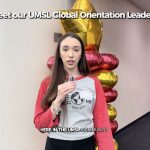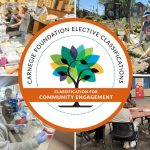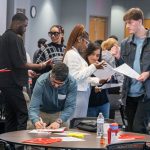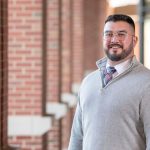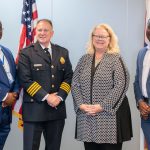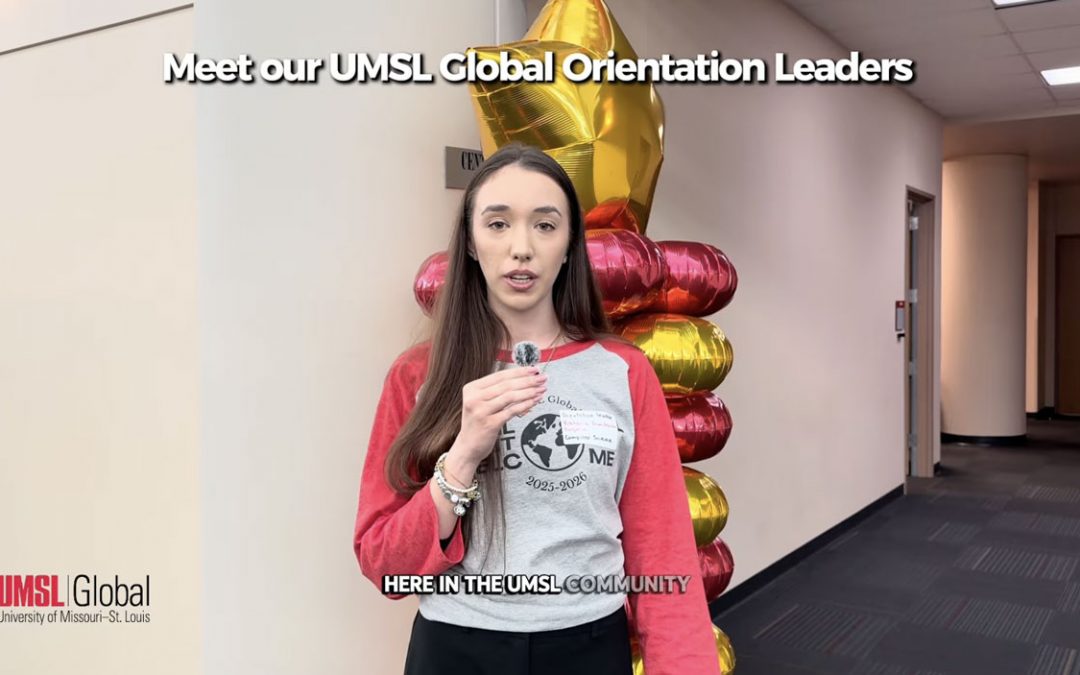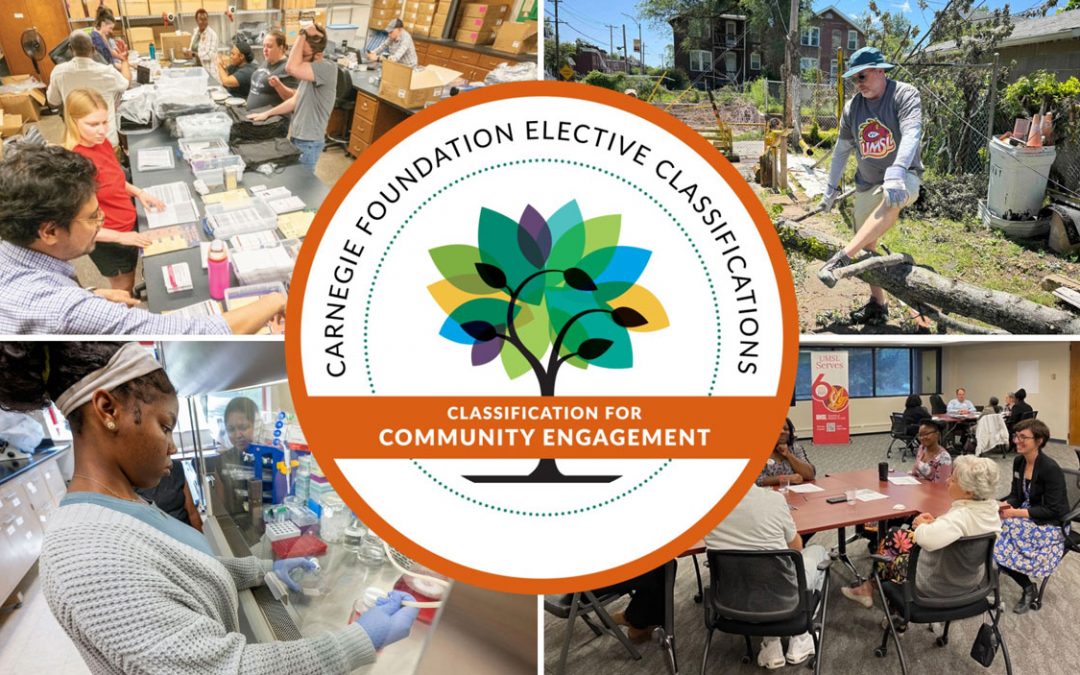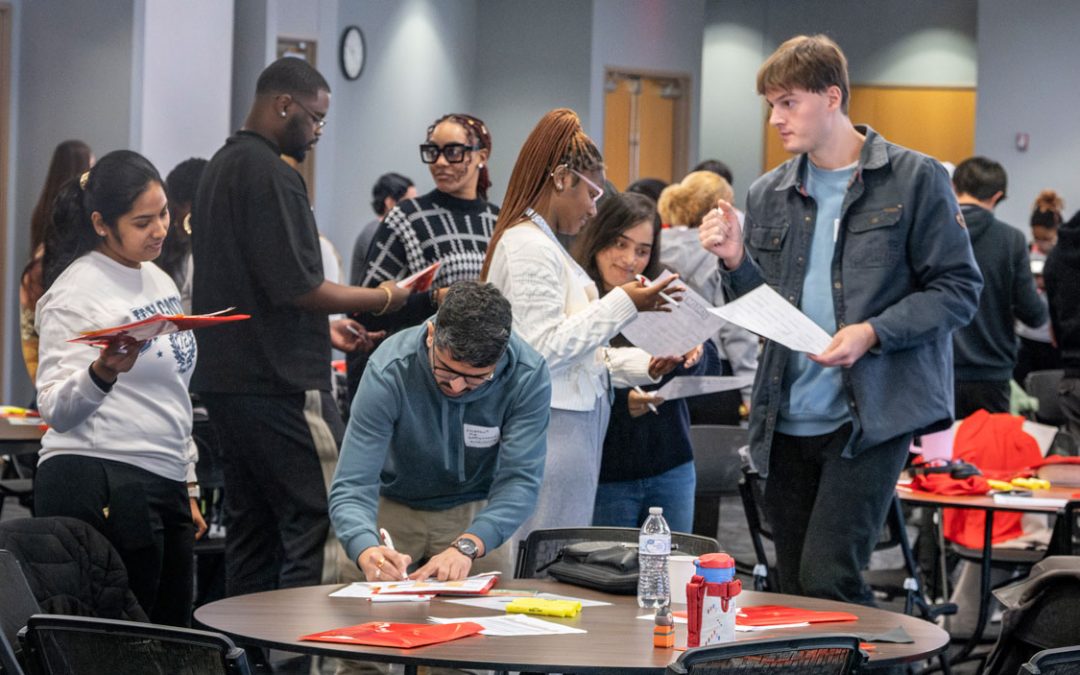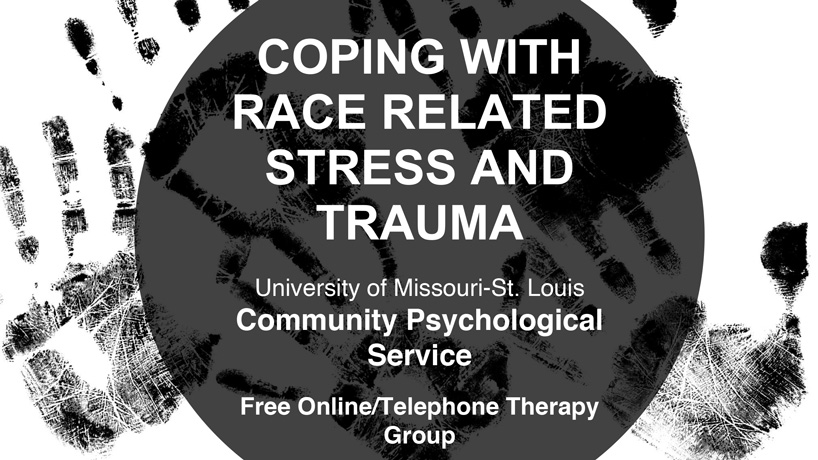
UMSL’s Community Psychological Service is launching a free online/telephone therapy group on “Coping with Race-related Stress and Trauma.”
The nationwide protests that have occurred in the aftermath of the deaths of George Floyd, Breonna Taylor and others have created a renewed dialogue about racism in the United States.
But it’s an issue that African Americans, in particular, endure everyday with or without public attention with repercussions for their mental health and well-being.
The Community Psychological Service at the University of Missouri–St. Louis aims to help community members deal with the psychological challenges that racism creates. Next week, it will launch “Coping with Race-Related Stress and Trauma,” a free group therapy to be delivered via telehealth over HIPAA-protected Zoom or telephone.
“We know that for African Americans racism and race-related stress and trauma is one of the primary risk factors for mental health issues and suicide,” said John Nanney, the director of the Community Psychological Service and a clinical assistant professor in UMSL’s Department of Psychological Sciences. “There’s really no way to treat African Americans and help African Americans without taking that into consideration. But a lot of other therapies don’t really directly address racism. The point of this group is to directly address the role of racism in the mental health of African Americans and provide some tools for coping.”
The sessions will be modeled after a group therapy used in multiple Veterans Affairs hospitals across the country. Maurice Endsley, who earned his PhD at UMSL in 2015 and now works at the Edward Hines Jr. VA Hospital in Chicago, codeveloped the therapy and has been consulting with Nanney and his team as they try to adapt it to the community.
Nanney is coordinating the sessions with help from three doctoral students in UMSL’s clinical psychology program.
All three have been training in Associate Professor Matthew Taylor’s multicultural psychology lab – the same lab where both Endsley and Nanney trained when they were doing their doctoral work.
Nanney expects groups to include eight to 12 members, providing enough opportunity for all individuals to discuss the particular challenges they’ve encountered and share solutions that could help others.
“I think we’ll probably see some young adults, and I think we’ll probably see some older adults,” Nanney said. “I think that’s wonderful to have multiple generations in the group in order to have dialogue about the experiences that everybody’s had and the different ways folks have coped with those over time.”
Funds from a gift made to the Department of Psychological Sciences are allowing Nanney to offer the sessions for free, though space is limited.
Even though planning began in early June, in the aftermath of the deaths of Floyd and Breonna Taylor, Nanney does not want the group therapy sessions to serve purely as a response to those tragedies.
“I think for most anybody that we would be serving, the truth is that they were experiencing this just as much two months ago as they are right now,” Nanney said. “This is important all the time. This is something that I’m hoping that we can continue long term because we strive to serve the communities where we’re embedded, and that entails being sensitive and able to directly address issues around race.”
For more information on the group therapy sessions or other services, contact the Community Psychological Service at 314-516-5771 or view this flyer.


